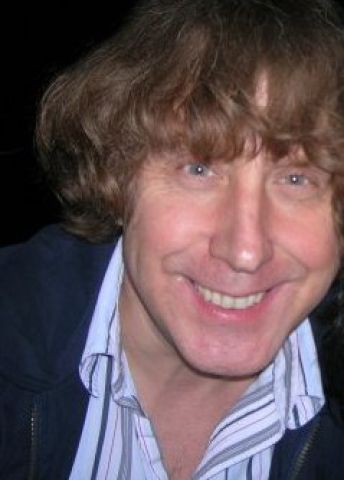
Program for mathematics 2018
Visting Professor
Sergey N. Naboko
Professor at St Petersburg State University, Russia
Nominated by:
Stockholm University
Visting Professor
Sergey N. Naboko
Professor at St Petersburg State University, Russia
Nominated by:
Stockholm University
Transport in Nanostructures
Sergey N. Naboko is currently Professor at St Petersburg State University, Russia. Thanks to a grant from the Knut and Alice Wallenberg Foundation, he will be Visiting Professor at the Department of Mathematics, Stockholm University.
Sergey Naboko is going to participate in a project about quantum graphs, a rapidly expanding area of mathematical physics. Quantum graphs describe, for example, transport in nanostructures; they were introduced in the 1930s by the Nobel Laureate Linus Pauling in his study of the transport of free electrons in organic molecules. Such mathematical models are also now used to describe optic fibers, quantum wires, nanotechnologies, and certain biological processes within human bodies, among other things.
Quantum graphs consist of systems of differential equations arranged in the form of a graph. Ordinary combinatorial graphs consist of points, or vertices, of which some pairs are joined by edges. When each edge of a graph is assigned a differential equation which then are joined at the vertices, the resulting system of differential equations becomes a quantum graph.
Many fundamental questions concern the inverse problem, that of understanding the graph’s geometric structure based on the characteristics of the system of differential equations. An important inspiration for this problem comes from applications in physics and biology.
The theory of quantum graphs with preserved energy is relatively well-studied. One of the aims of the project is to study the lesser developed theory of dissipative quantum graphs, where energy declines over time. Sergey Naboko’s expertise in dissipative systems will bring significant support to the research efforts of his Swedish hosts and enable the development of new lines of research.